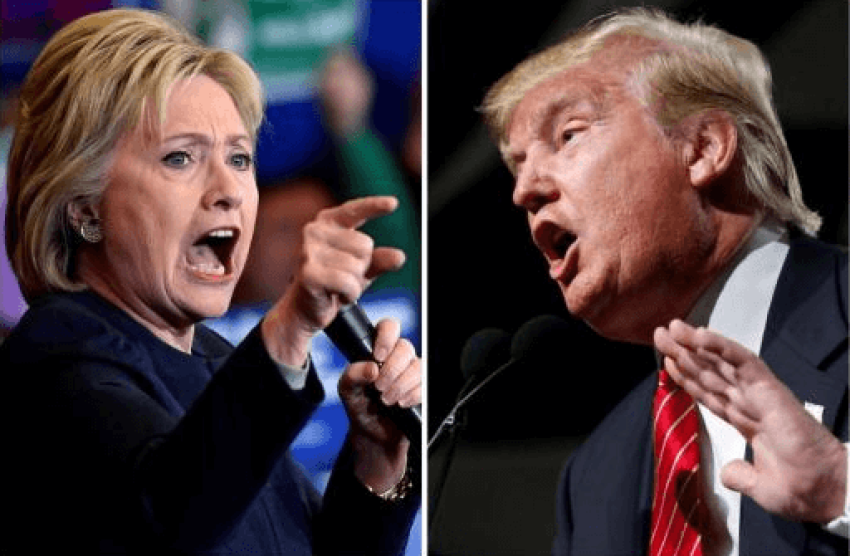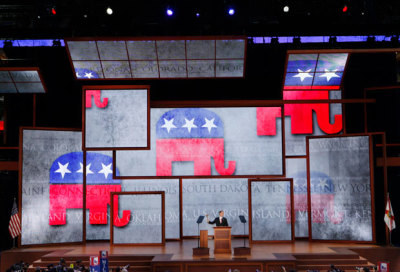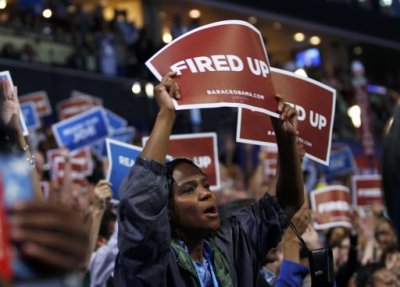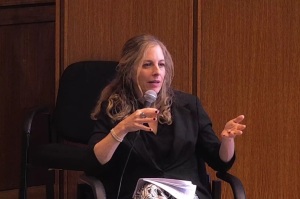What Is a Contested Convention?

This year's presidential primary season has been a time of unforeseen events, with surprisingly strong showings by Republican Donald Trump and Democrat Bernie Sanders.
Both parties have had members openly entertain the idea of holding a "contested convention," which has not been undertaken by either Democrats or Republicans in decades.
So what exactly is a "contested convention"?

A contested convention is when no single primary candidate accrues enough delegates to receive a political party's nomination.
In the case of the Republican Party, to secure the nomination a candidate must get at least 1,237 delegates, which is a simple majority of the 2,472 delegates assigned by the party.
Another Republican requirement for securing the nomination is the "8 State Rule," which requires a candidate to get a majority of delegates in at least eight states to be eligible.
Some Republicans are looking at changing the rule, partly because of the complication presented by a crowded primary season and partly to ensure there are alternatives to polarizing frontrunner Donald Trump. The rule was added in 2012 by Mitt Romney supporters to stop Ron Paul supporters from causing a ruckus during that convention.
For the Democratic Party, securing the nomination also involves getting a simple majority, with a candidate needing to get 2,383 delegates out of 4,765 assigned by the party.
If no candidate in a party achieves a majority, then the party convention held this summer will be labeled "contested."
During this first round of ballots, the delegates will select a candidate, with some bound to support a specific candidate and others unbound.

Oftentimes a "contested convention" is also called a "brokered convention" but the latter phrase has a different meaning.
If the delegates select a presidential candidate on the first ballot, then it is a contested convention. If it takes several ballots, then it is considered a brokered convention.
The term "brokered convention" can also have a negative meaning, implying that party elites behind closed doors select a nominee while ignoring the will of the people.
Theoretically, at a brokered convention the party could select a person who was not in the primaries to become the party's candidate for the general election.
For the Republican Party, the last contested convention occurred in 1976 when incumbent President Gerald Ford faced a primary challenge from Ronald Reagan.
Neither man had secured the necessary number of delegates going into the convention, however by the first ballot Ford successfully swayed a majority of delegates to support him.
For the Democratic Party, the last contested convention was in 1984 when Walter Mondale lacked the necessary majority of delegates going into the event.
Despite a final effort on the part of opponent Gary Hart, Mondale was able to secure the nomination after the first ballot.
As spring continues, the odds of a contested convention are becoming more likely for the Republicans, with many in the party opposed to Trump.
It is also becoming less likely for the Democrats, as Clinton holds a commanding lead and its greatly strengthened by the party's superdelegates.




























